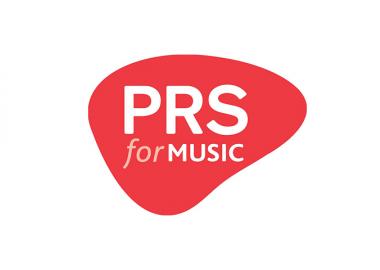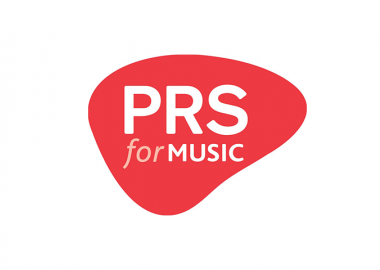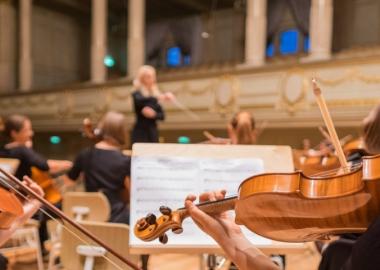Under the new tariff, PRS fees for ticketed events are based on a percentage of the gross ticket income. Standard tariff is 6.5% of gross ticket income, but amateur music groups (as defined above) get a 50% discount for being part of the leisure-time music sector, so the fee will be 3.25% of gross ticket income for that event plus VAT. Please note that there is a minimum fee set at £32.49.
Sample calculation:
| Event date | Gross ticket income | Amount due (3.25% of ticket income) |
| December 10th 2023 | £624.00 | £32.49 |
| January 20th 2024 | £1600.00 | £52.00 |
| February 14th 2024 | £557.00 | £32.49 |
| February 23rd 2024 | £1420.00 | £46.15 |
| Subtotal | £163.13 | |
| VAT | £32.63 | |
| Total | £195.76 |









